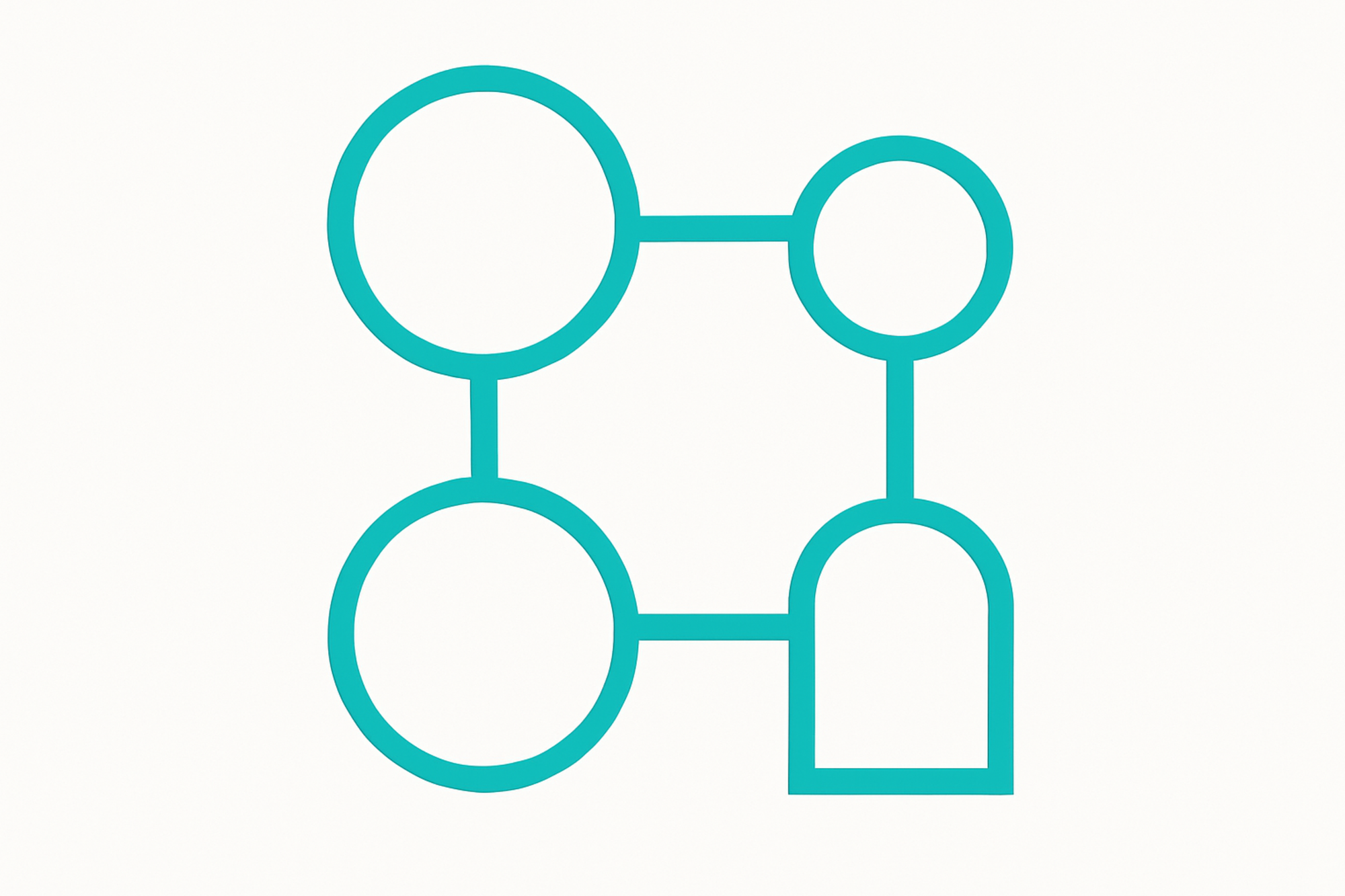Agents, PaaS, and Platform Power Plays: The Human-Bot Bloc Evolves

The latest crowd of software engineering blogs offers a tightly-woven snapshot of modern development’s heartbeat—spoiler alert: it’s thumping to the rhythm of AI agents, composable platforms, and the democratization (okay, the slow-motion democratization) of workflow automation. While some posts merely waved security warnings at us (ahem, DZone), the majority gave us fresh insights into where and how the gears of contemporary engineering are shifting. Let’s peel back the layers.
An Agent for Every Engineer (and Then Some)
There’s no mistaking it: AI agents are no longer a distant hope or experiment—they’re becoming fixtures within developer ecosystems. If you missed GitHub’s Agent HQ announcement (SD Times), you missed a vision of coding agents acting as (almost) autonomous colleagues. Mission control dashboards, agent identity management, and oversight reminiscent of a digital HR department, all facilitate what could be the beginnings of orderly anarchy—bringing choice and chaos under one roof. The platform’s direction: empower developers to steer, delegate, and monitor AI agents “like co-workers,” complete with guardrails and metrics dashboards. If you’re yearning for bots that quietly toil while you nap (or just want to avoid wrangling a broken CI pipeline), this is your moment.
On the PyTorch side (InfoQ), Ray’s arrival in the PyTorch fold cements the community’s pivot toward seamless, open-source distributed AI infrastructure. Monarch, PyTorch’s new distributed framework, abstracts entire clusters into single devices, lowering the mental friction of parallel programming while preserving safety and reproducibility. The bigger trend? Transparency and open collaboration in AI research—Stanford and AI2 are championing open data, open code, and visible hyperparameters. Gone are the days of inscrutable, wizard-behind-the-curtain AI models. (Or at least, they’re numbered.)
Collaborative Coding, AI-Style
The Stack Overflow blog (Stack Overflow) voices the unease (and guarded optimism) of junior developers facing an AI-saturated coding landscape. Their leadership insists that software engineering isn’t being automated out of existence—it’s being reshaped. The human essence of code—creativity, critical thinking, intellectual curiosity—isn’t yet ripe for replacement. Instead, the advocacy continues for knowledge-sharing platforms, sustainable AI workflows, and inclusive training for new generations of engineers. Stack Overflow’s stance? Engineers aren’t going away; they’re just leveling up alongside evolving tools.
React developers, meanwhile, are reminded (LogRocket) that efficiency isn’t the result of brute force, but of clever composition. Custom hooks—like useMediaQuery, useLocalStorage, and useIdle—offer modular, scalable upgrades to component logic. It’s a reminder amid all the agent mania: not every innovation requires an LLM or cloud-scaled agent. Sometimes, code elegance is still a matter of the right abstraction in the right place.
The Rise of AI PaaS (and Controlled Chaos)
If the platforms above are marked by composability and open access, then The New Stack’s rundown of AI PaaS (The New Stack) is about raising the floor for all teams, not just those with armies of MLops experts. Modern AI PaaS solutions distill the mess of infrastructure orchestration, security, retrieval pipelines, and quality loops into opinionated, scalable defaults. The goal? Allow developers to ship production-grade AI applications without either surrendering to vendor lock-in or rebuilding the universe with brittle YAML files. By offering ready-made connections to models, MCP scaffolding (for easy tool/data integration), and vectorized retrieval for RAG workflows, platforms like Heroku hope to put AI within everyone’s reach—and maybe even reduce project attrition rates while they’re at it.
Product Managers, Meet Your Robotic Colleagues
The O’Reilly podcast with Chris Butler (O'Reilly Radar) dives deeper, showing how generative AI and agent-based approaches are eliminating toil across product teams—from status reporting to cross-functional alignment. Butler separates "toil" from meaningful apprenticeship, arguing that automating repetitive work doesn’t hollow out learning; if anything, it allows emerging talent to focus on expertise-building and decision-making. The story here is less about robots stealing jobs and more about digital proxies attending meetings, offering multi-perspective critiques, and quietly collecting feedback or surfacing overlooked signals. Yes, the digital HR department is imminent, and yes, it wants a seat at your team’s Friday sync—and probably your design critique too.
Cause for Optimism (and a Little Competition)
But what’s a world of democratic agentic automation without some friendly open-source rivalry? Atlassian’s Codegeist 2025 (Atlassian Blog) hackathon encourages teams to treat collaboration as a motorsport, building apps that help teams react faster, coordinate seamlessly, and ship under pressure. Past entries include everything from AI-powered checklists to Salesforce-Jira connectors—proving there’s still room for grassroots invention even as the big vendor platforms muscle in.
Conclusion: Agency, Openness, and the Steady Drift Toward Collective Intelligence
There’s an undeniable shift among these blog posts: platforms and agents increasingly amplify developer agency and autonomy, all while nudging the profession toward open infrastructure, standardized protocols, and reproducible workflows. The future, it seems, will be less about solo genius toiling in closed silos—and more about collectives of humans and bots, engineers and agents, all loosely collaborating under the watchful gaze of dashboards, metrics, and (just maybe) a friendlier kind of governance.
References
- SD Times: GitHub unveils Agent HQ, the next evolution of its platform that focuses on agent-based development
- InfoQ: PyTorch Foundation Welcomes Ray, Unveils Monarch for Simplified Distributed AI
- Stack Overflow: Live from the OpenAI forum: Learning to code in the age of AI
- LogRocket: 7 custom React Hooks every developer should be using
- The New Stack: What Is an AI PaaS? A Guide to the Future of AI Development
- O'Reilly Radar: Generative AI in the Real World: Chris Butler on GenAI in Product Management
- Atlassian Blog: Start Your Engines: Codegeist 2025 Hackathon Is Here
